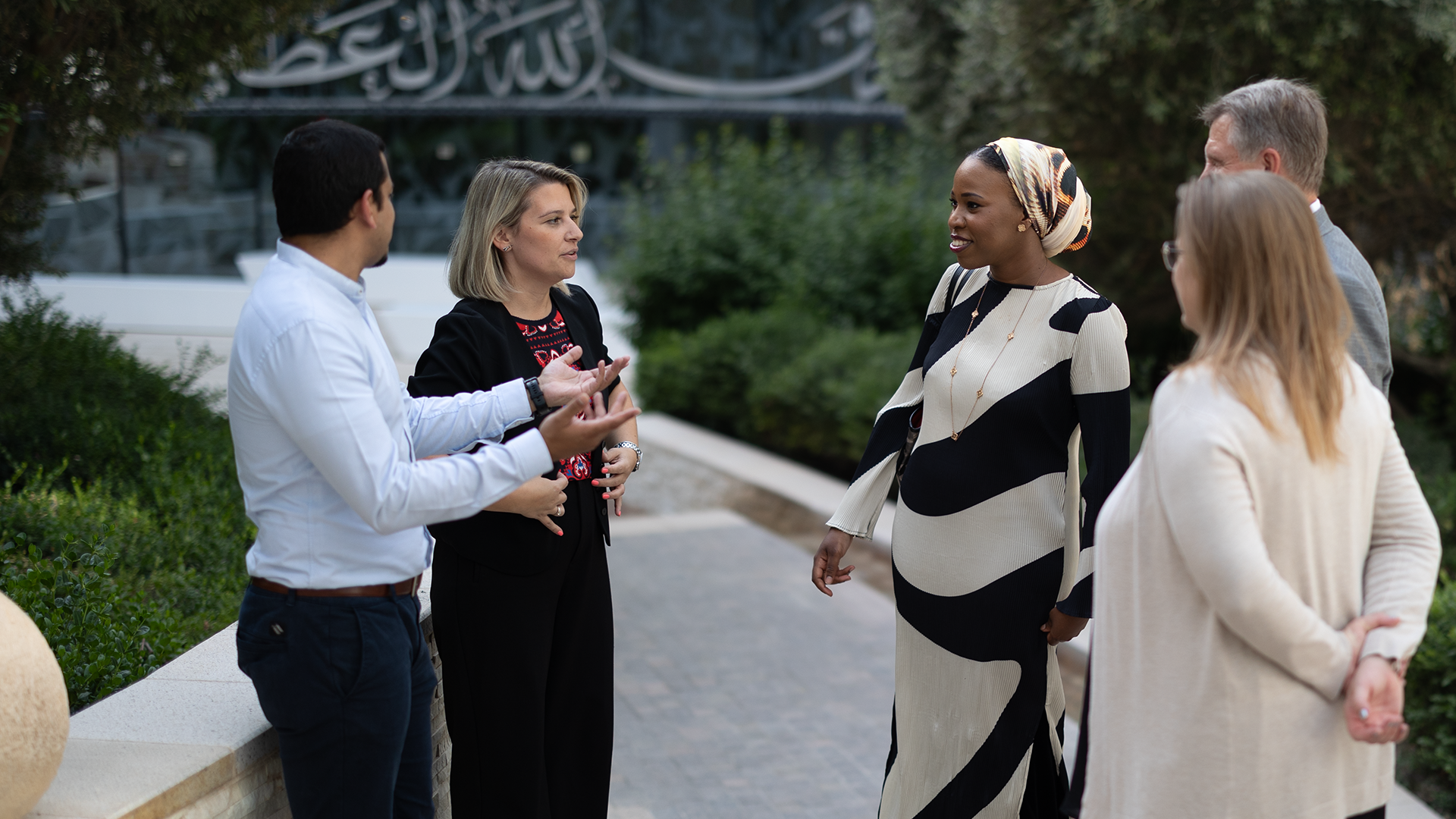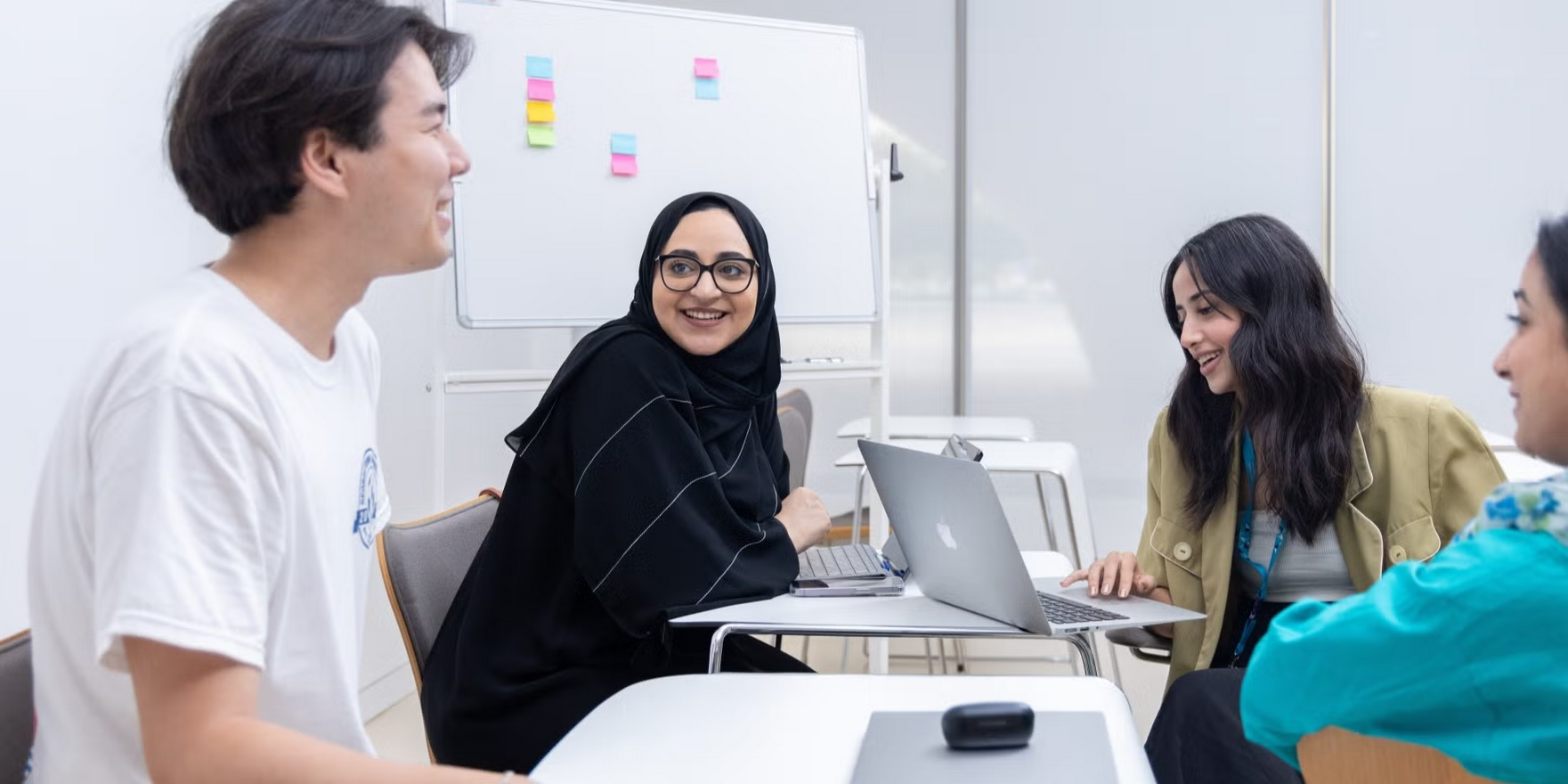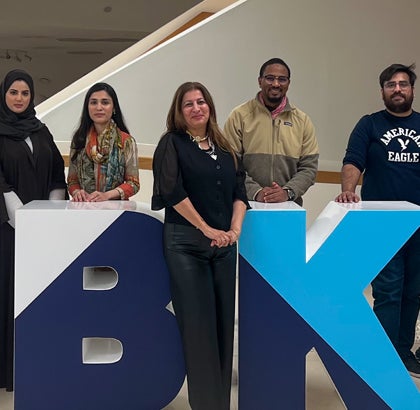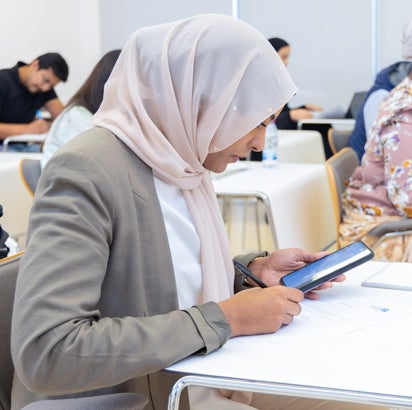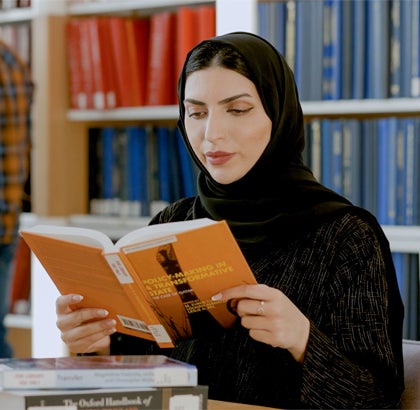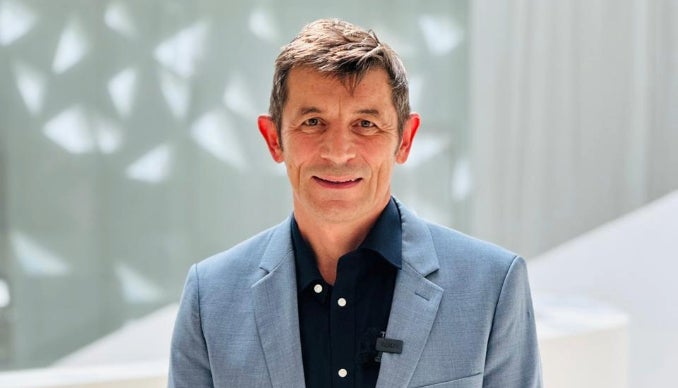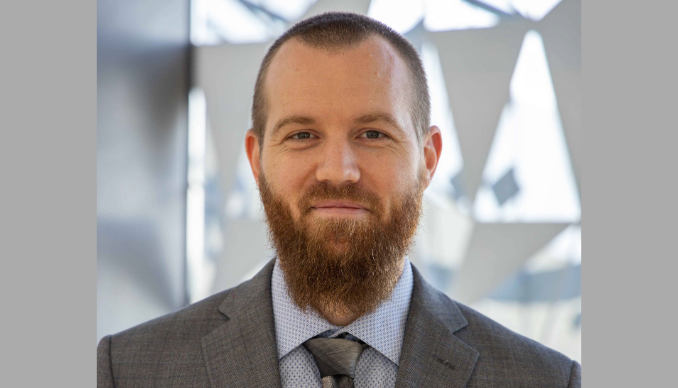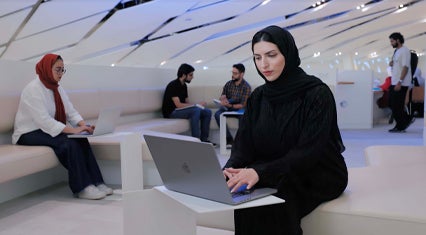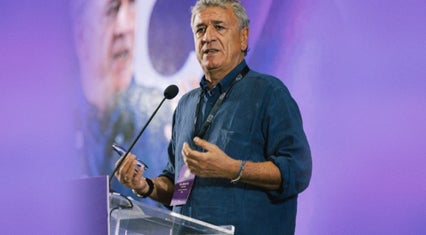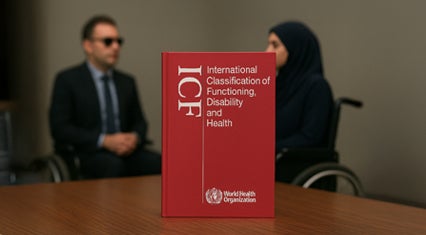Programs
News and Insights
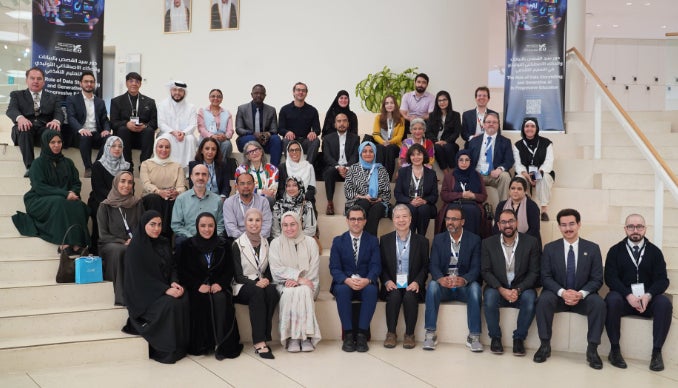
Workshop at Hamad Bin Khalifa University Examines Data Storytelling and Generative Al in Progressive Education
Hamad Bin Khalifa University has concluded ‘The Role of Data Storytelling and Generative AI in Progressive Education’ workshop, highlighting the role of artificial intelligence (AI) and data-driven narratives in building adaptive, future-ready learning environments.
Organized by the College of Public Policy (CPP), the two-day workshop gathered international and local experts from academia, policy and technology to examine institutional innovation and digital transformation in education and included over 50 speakers. Discussions emphasized the importance of embedding ethical considerations and societal implications into existing governance frameworks to ensure the safe and responsible use of generative AI.
Strategically designed themes, including personalized learning and assessment design, and new models of collaboration and creativity, spanned panels, masterclasses, a book launch, and hackathon, enhancing engagements across sessions. The program further touched on how data storytelling can influence policymaking, support cultural and societal priorities, and enhance human development in the digital age.
By bringing together interdisciplinary expertise, the workshop advances the University’s priority areas by translating research into actionable insights for progressive education, social progress and the responsible application of emerging technologies. In doing so, it connected research, policy, and practice, reinforcing the University’s role as a knowledge hub and impact-driven institution leading informed policymaking at a time when education systems navigate a rapidly evolving landscape. This event was made possible thanks to the Office of the Vice President for Research’s (OVPR) support.
“AI is undoubtedly one of the most important and transformative developments shaping education today,” Dr. Evren Tok, Associate Dean for Community Engagement, CPP, remarked. “Research and use have showcased the benefits; however, growing evidence also points to concerns around ethics, academic integrity, and technology dependence. Our graduates are entering the fastest-moving workforce in history, and our job is to ensure they master the tools they’ll encounter. This gathering reflects our commitment to bridge that gap, and turn these challenges into collaborative action with solutions that benefit Qatar and the world.”
The event additionally demonstrated how HBKU equips future leaders to understand, evaluate, and contribute to the development of innovative frameworks serving Qatar and the global community.

Workshop at Hamad Bin Khalifa University Examines Data Storytelling and Generative Al in Progressive Education
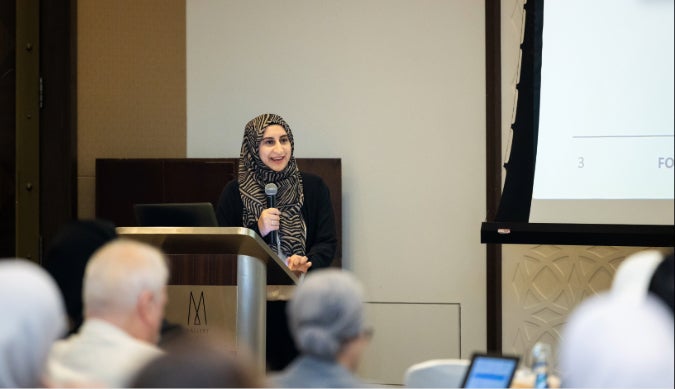
Hamad Bin Khalifa University Partners with Ministry and Global Stakeholders to Drive Capacity-Building
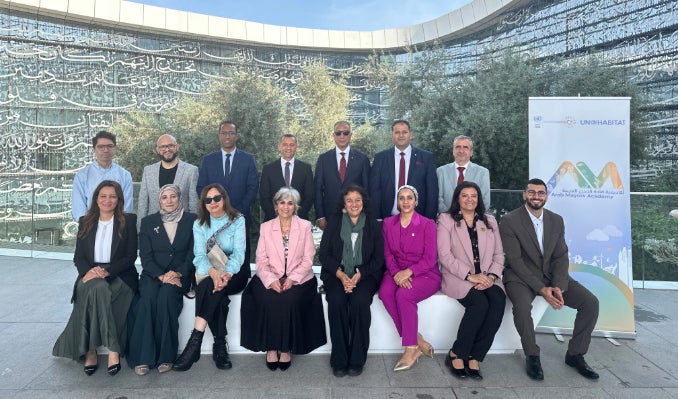
Arab Mayors Academy Training Concludes With Focus on Strategic Urban Resilience
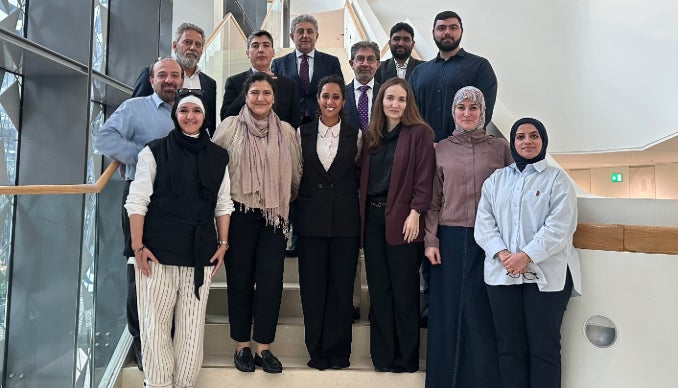
Hamad Bin Khalifa University, University of Geneva, and University of Johannesburg Launch Humanitarian Diplomacy Initiative
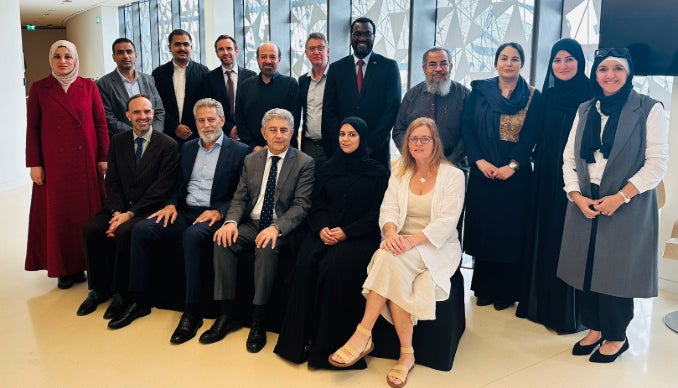
Hamad Bin Khalifa University Workshop Examines Gulf States’ Contributions to Social Protection in Crisis Zones
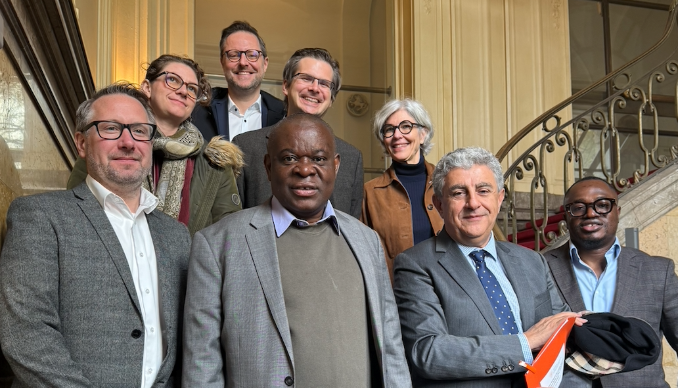
Dr. Sultan Barakat Visits Berlin as Keynote speaker on the Evolving Middle East–Africa Partnerships
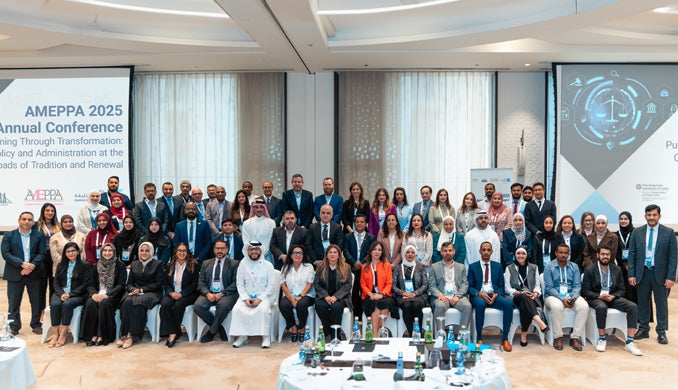
Experts Gather at HBKU for AMEPPA 2025 to Explore Governance Through Transformation
Events
Testimonials
At the College of Public Policy, my passion for sports policy, international law, and relations has been deeply nurtured. The curriculum's integration of theory and practical application thoroughly explores the subtleties of governance and global legal frameworks. Expert faculty and a diverse cohort have enriched my perspectives, integrating the societal impacts of sports within an international context. This holistic education makes me a versatile advocate for meaningful change across sports and global policy landscapes.
Aldiyar Zhiyentayev
International Lawyer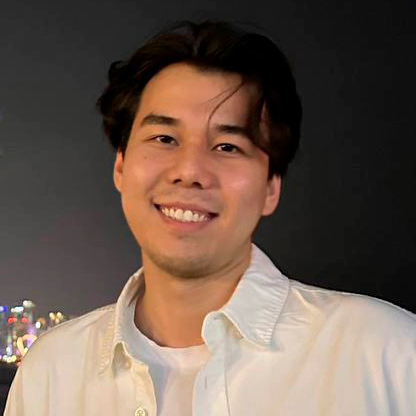
I was so impressed by my experience in the Master's in Public Policy (MPP) program that I decided to enroll in a second Master's program in Social Policy and Program Evaluation (MSPPE). The quality of education and interaction with the highly qualified faculty exceeded my expectations. The knowledge and skills I gained have been invaluable in my professional development. I highly recommend these programs to anyone looking to enhance their expertise in Public Policy and Program Evaluation.
Salar Mujeeb Khan
Lead Researcher at Qatar Foundation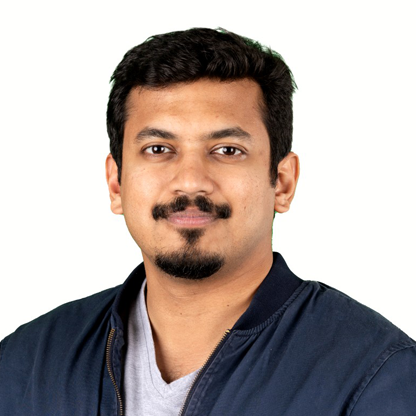
Graduating from the Master's in Public Policy program has equipped me with deep insights and critical tools to influence and shape policy in a meaningful way. This journey has enhanced my analytical skills, broadened my perspectives, and strengthened my commitment to public service. I'm grateful for the rich experiences and the network of passionate professionals I've gained. I’m now ready to drive positive change in the world.
Khalid Abdulla Al-Nasser
Cybersecurity specialist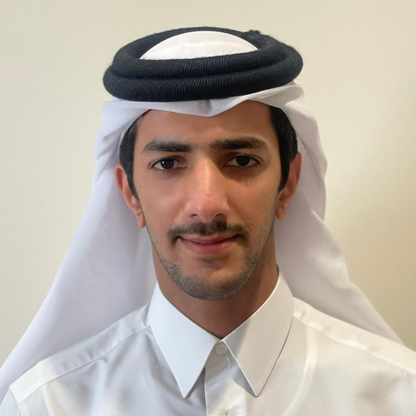
Once you join CPP, you become a lifelong member of a community that shares a love of continuous learning and growth, collaborative innovation, and a commitment to designing policy to solve real-world challenges. The incredibly welcoming and supportive environment makes it a nurturing ground for both professional connections and personal friendships.
Shaikha Al-Wadaani
Senior Monitoring and Evaluation Specialist at Qatar Foundation | Master of Social Policy and Program Evaluation - Class of 2024
CPP was not just a college to me. It was a home where I expanded my knowledge and grew during the time I spent there. While I spent two memorable years there, I still feel attached to the CPP community today, where the staff and faculty are second to none!
Abdulrahman Al-Shafi
Director of Cyber Strategies and Policies Department at the National Cybersecurity Agency, Qatar | Master of Public Policy - Class 2024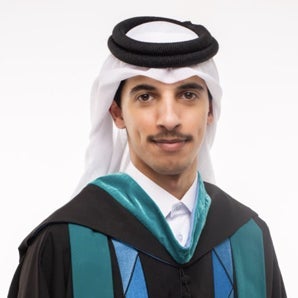
Membership
The College of Public Policy (CPP) is a Gold Member of The Journal of Comparative Policy Analysis, which is affiliated to the International Comparative Policy Analysis Forum (ICPA).
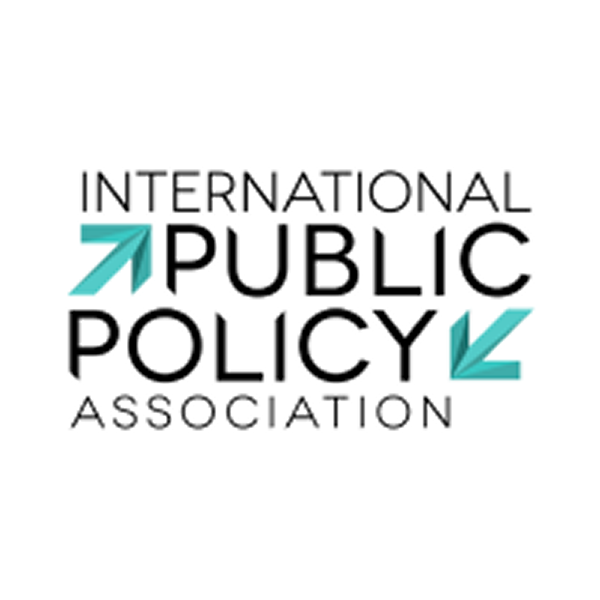
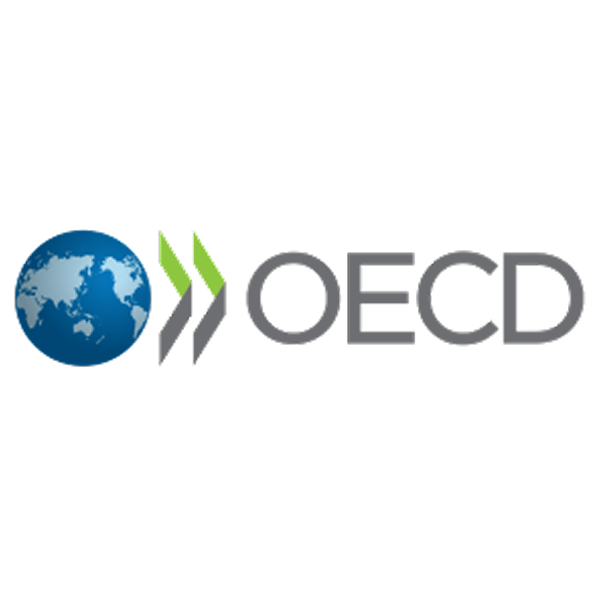
In
Numbers
Current Students
Alumni
Programs
